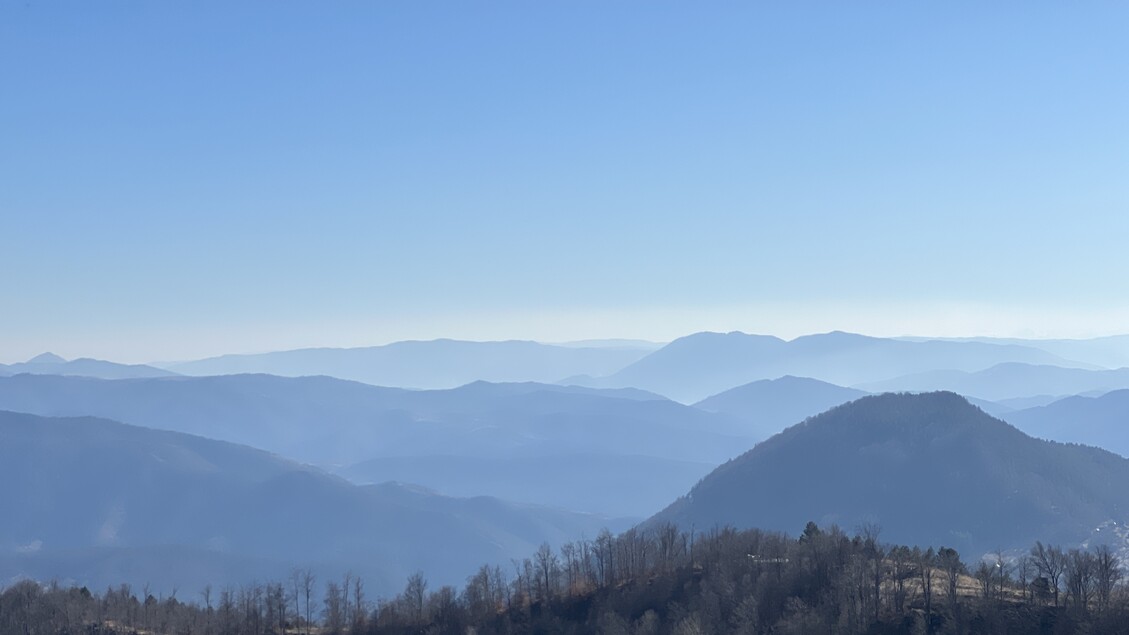In places where winter was once
associated with months of bitter cold, thermometers dropping far
below zero, and heavy snowfall, a different scene is unfolding
in 2024. Instead of the usual frigid temperatures, the Balkans
are experiencing almost late spring weather. Daytime sees open
windows inviting in a warm breeze, heavy coats languish in
closets for weeks on end, and there is a conspicuous absence of
both snowfall and rain, even at higher elevations.
This departure from the historical norm, characterized by a
continental climate featuring scorching summers and unforgiving
winters, is underscored by temperatures. A notable instance
occurred on the night of February 10th in Belgrade and Zagreb,
where temperatures soared to 12.6 degrees Celsius, establishing
an all-time record. Meteorological institutes across the region,
including the Serbian RHMZ, report temperatures in January
surpassing the average by 0.7 degrees in the renowned ski resort
of Kopaonik, and an even more remarkable +2.4 degrees in Cuprija
and Leskovac.
"Very mild February in Serbia, temperatures up to 22.6
degrees in Negotin, 21.5 in Nis, warmth also in the ski resorts
of Sjienica, Crni Vrh, Zlatibor, and Kopaonik," noted
meteorologist Milos Milic in early February on X. Similar
statistics have been reported in Bosnia and Herzegovina, North
Macedonia, Kosovo, and other countries in the region. Snowfall
and true cold appeared only briefly in January.
Snow is currently a rare sight, according to the Windy
portal, which reports snow only in isolated areas of the Dinaric
Alps, between Kosovo and Montenegro, Albania, and North
Macedonia. According to EU Science Hub data from January,
limited precipitation is not currently causing a severe drought.
However, there are exceptions in Croatia, Bosnia, and western
Serbia, where there is a soil moisture deficit, which is
expected to worsen due to the lack of rainfall in recent weeks.
Certainly, the region is having an unusual winter experience.
The situation may worsen in the future, as most available
studies predict a temperature increase of around 3.5 degrees by
the end of the century. The World Bank has identified the
Balkans as a "hotspot" for global warming in the coming decades.
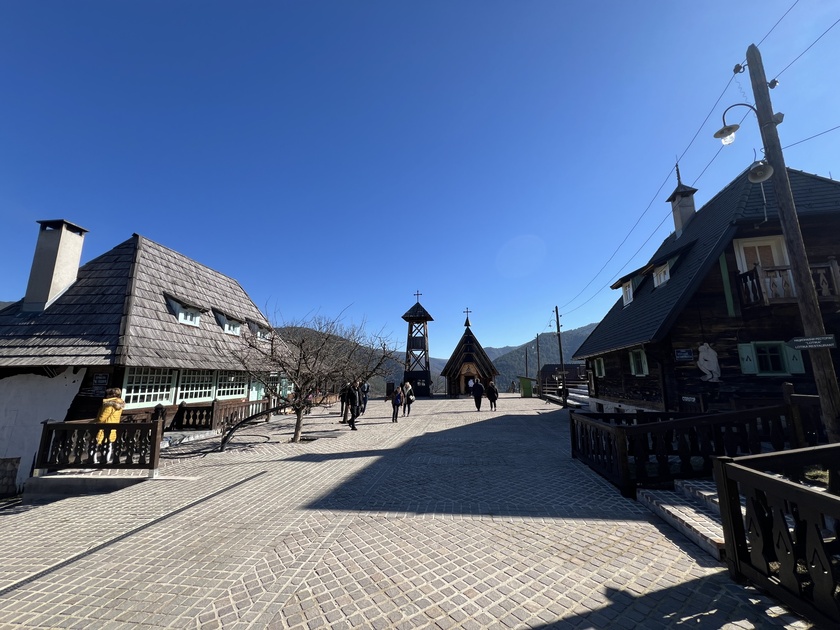
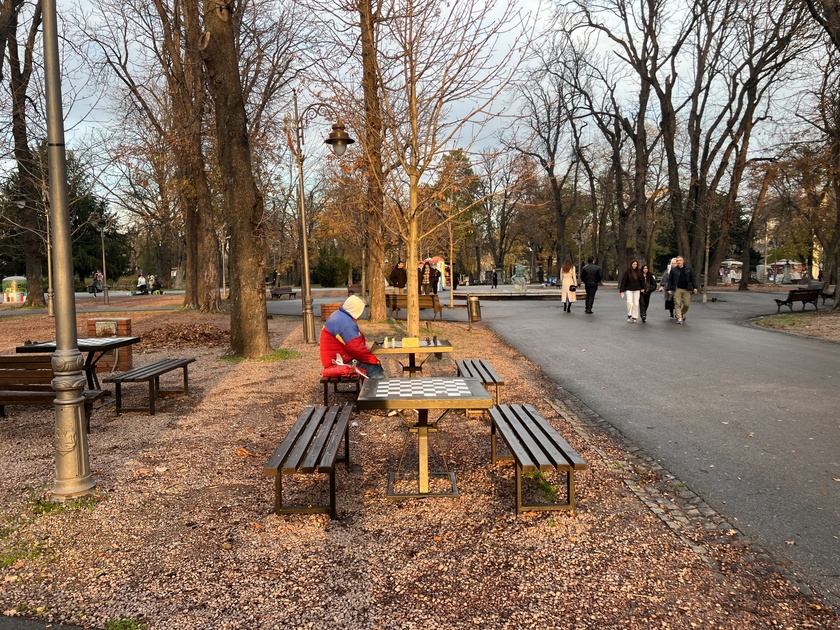
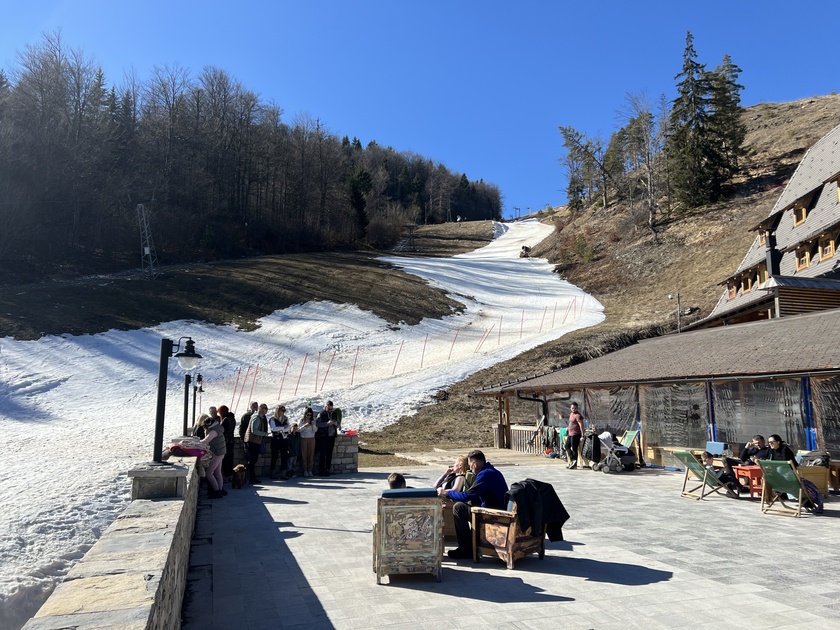
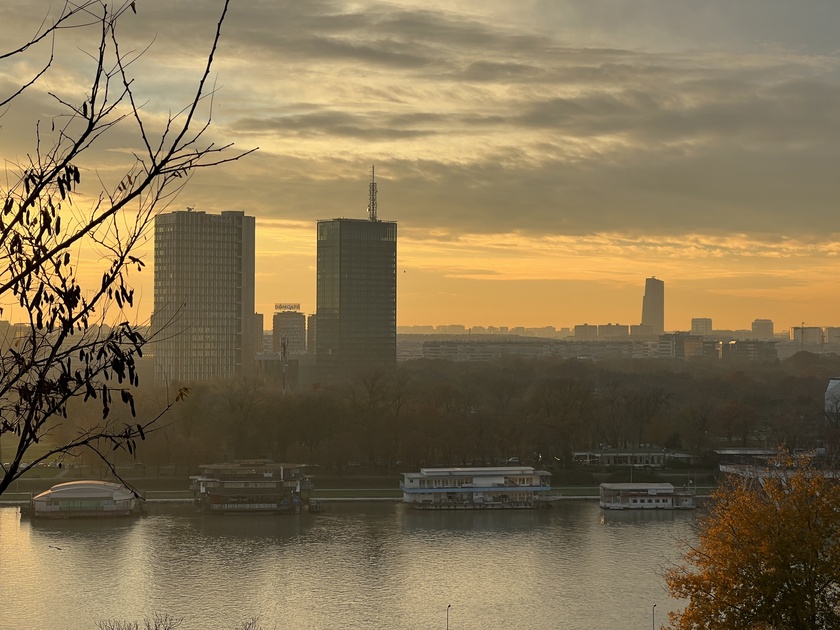
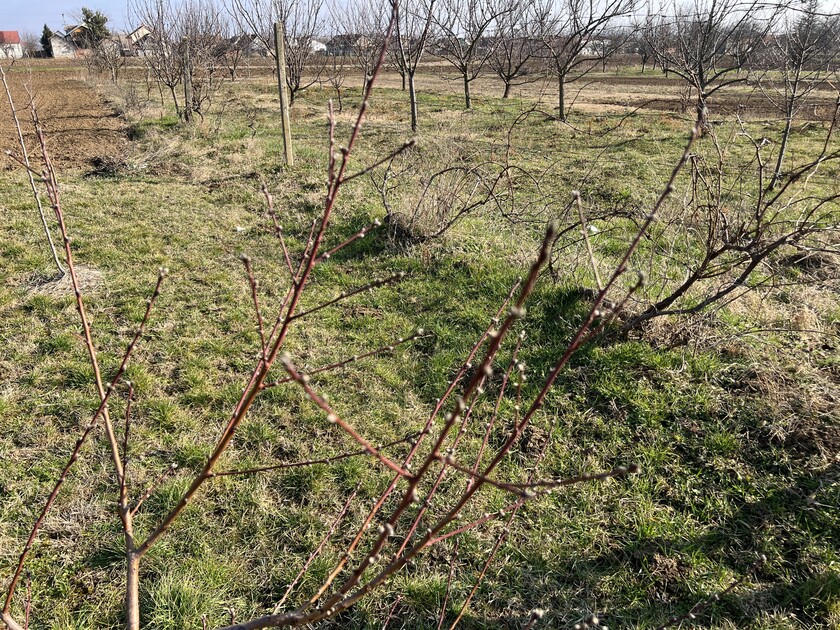
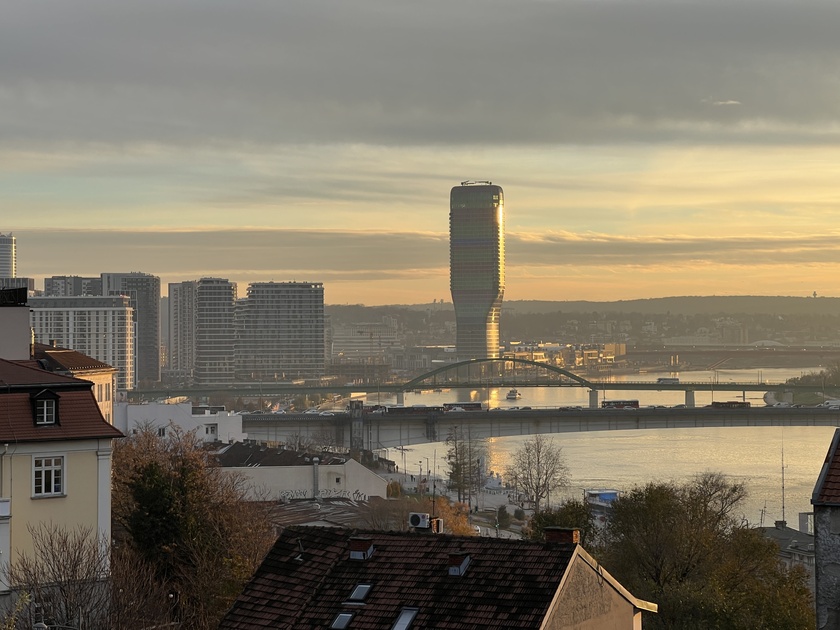
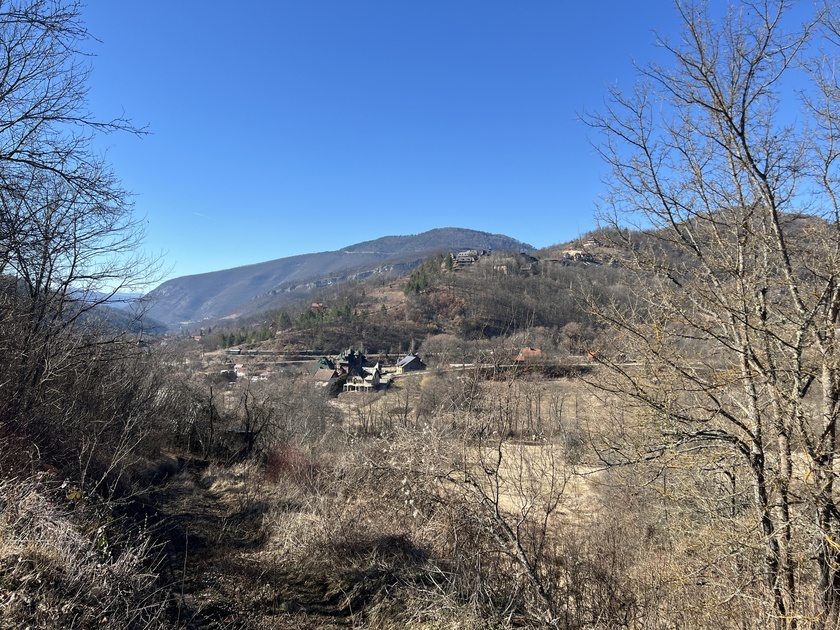
Share
